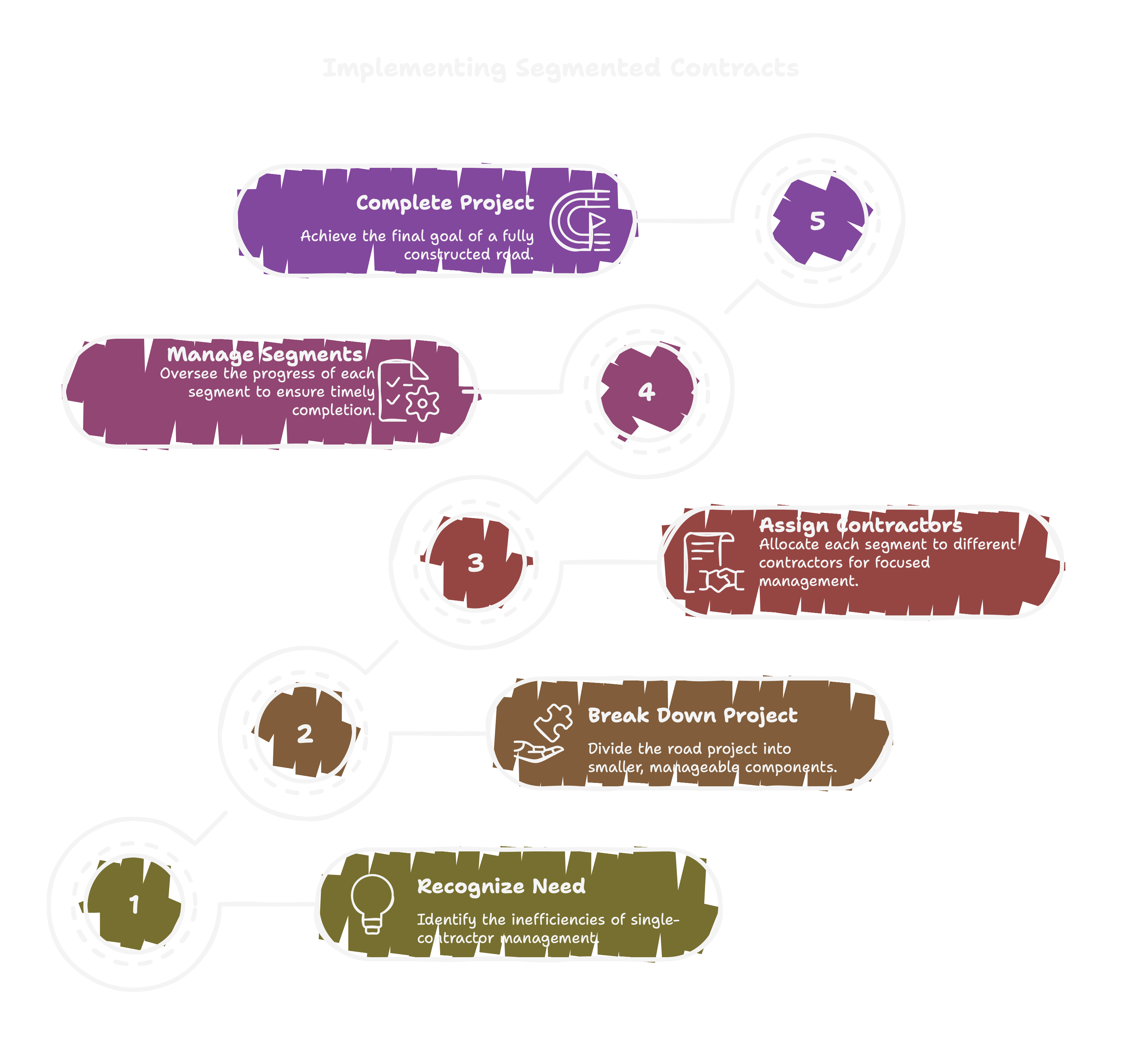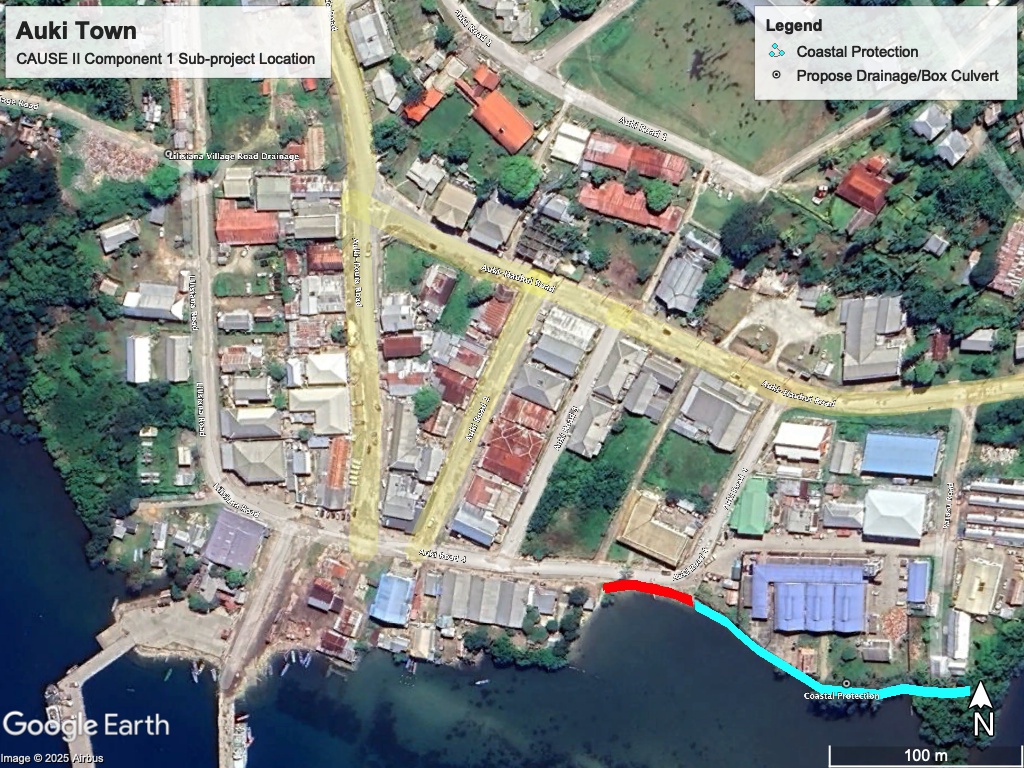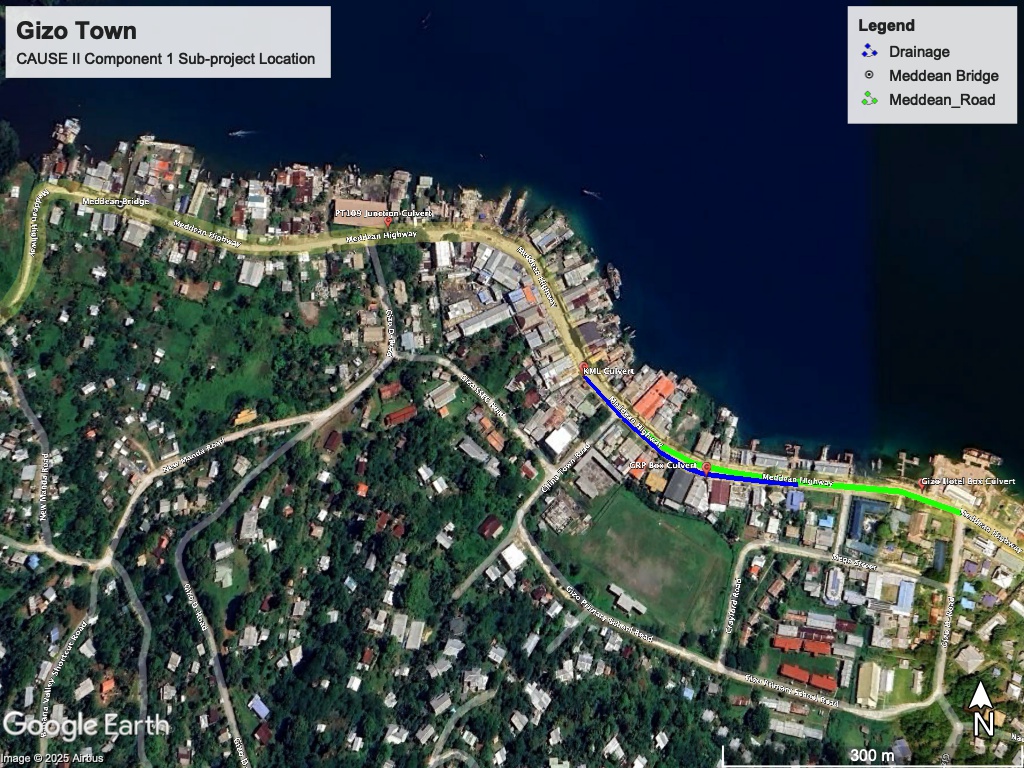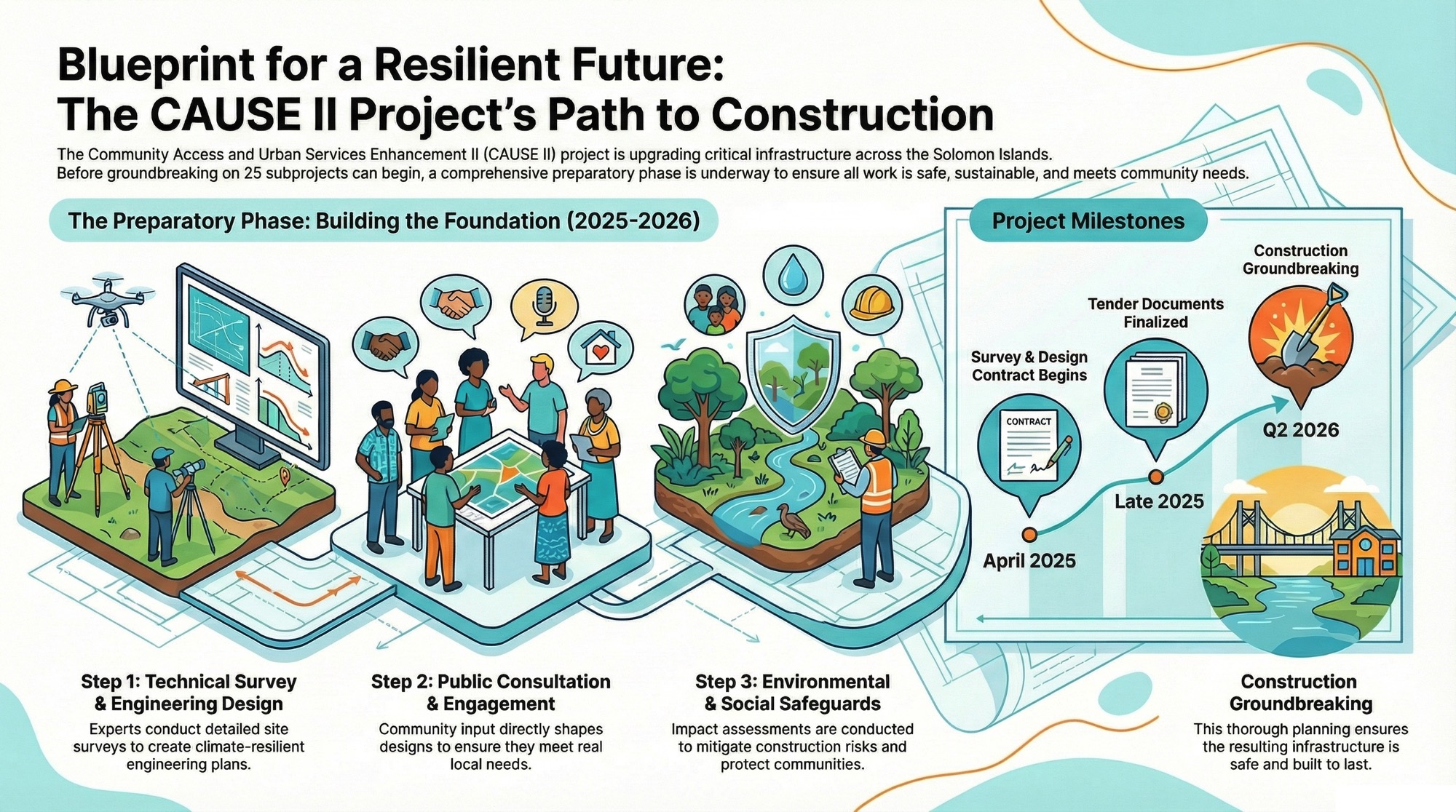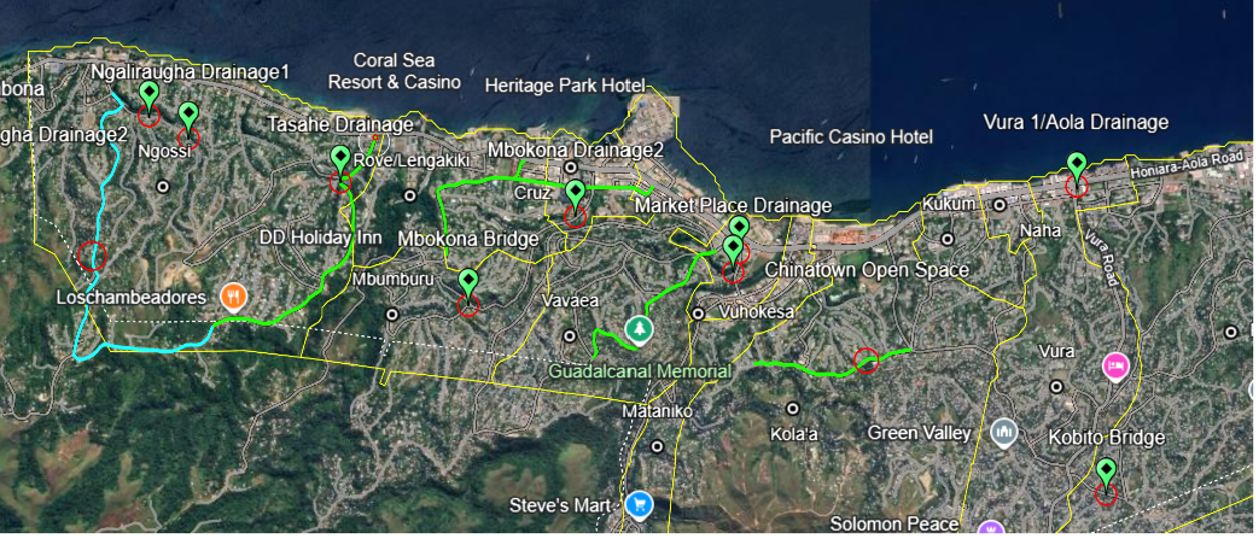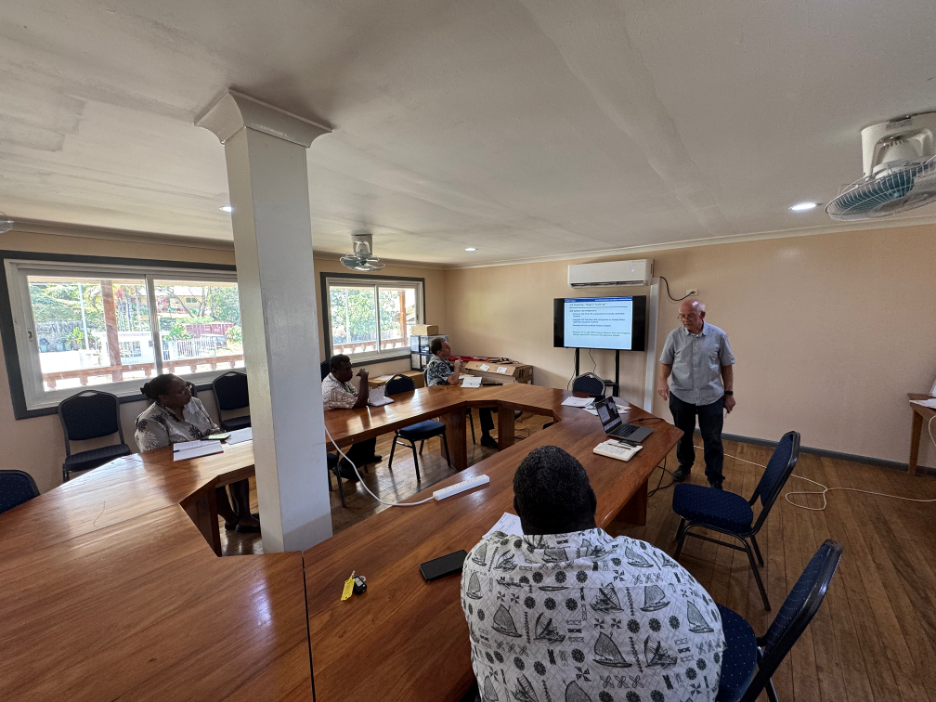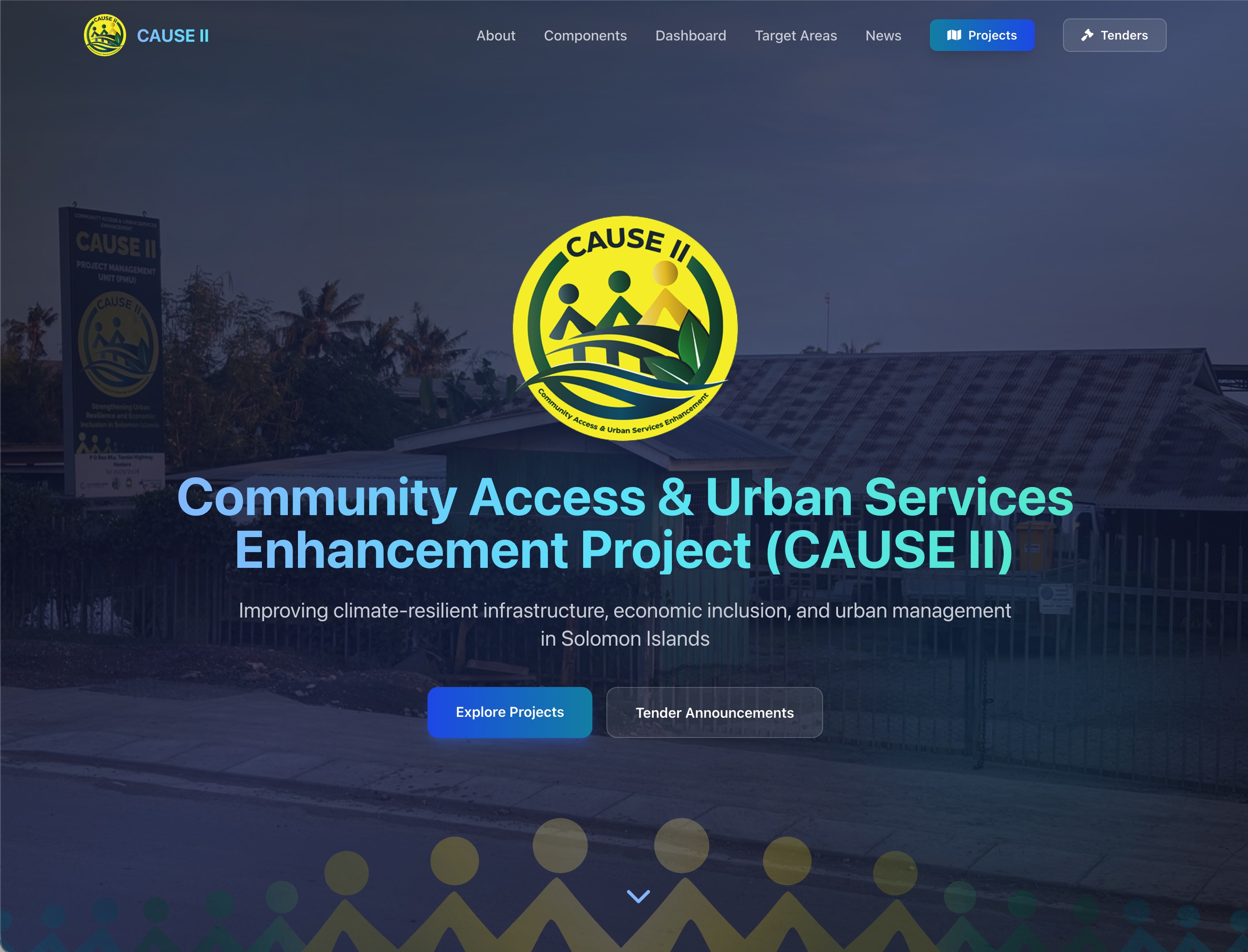Building Solomon Islands' Roads, Building Local Businesses: The CAUSE II Project's Inclusive Strategy
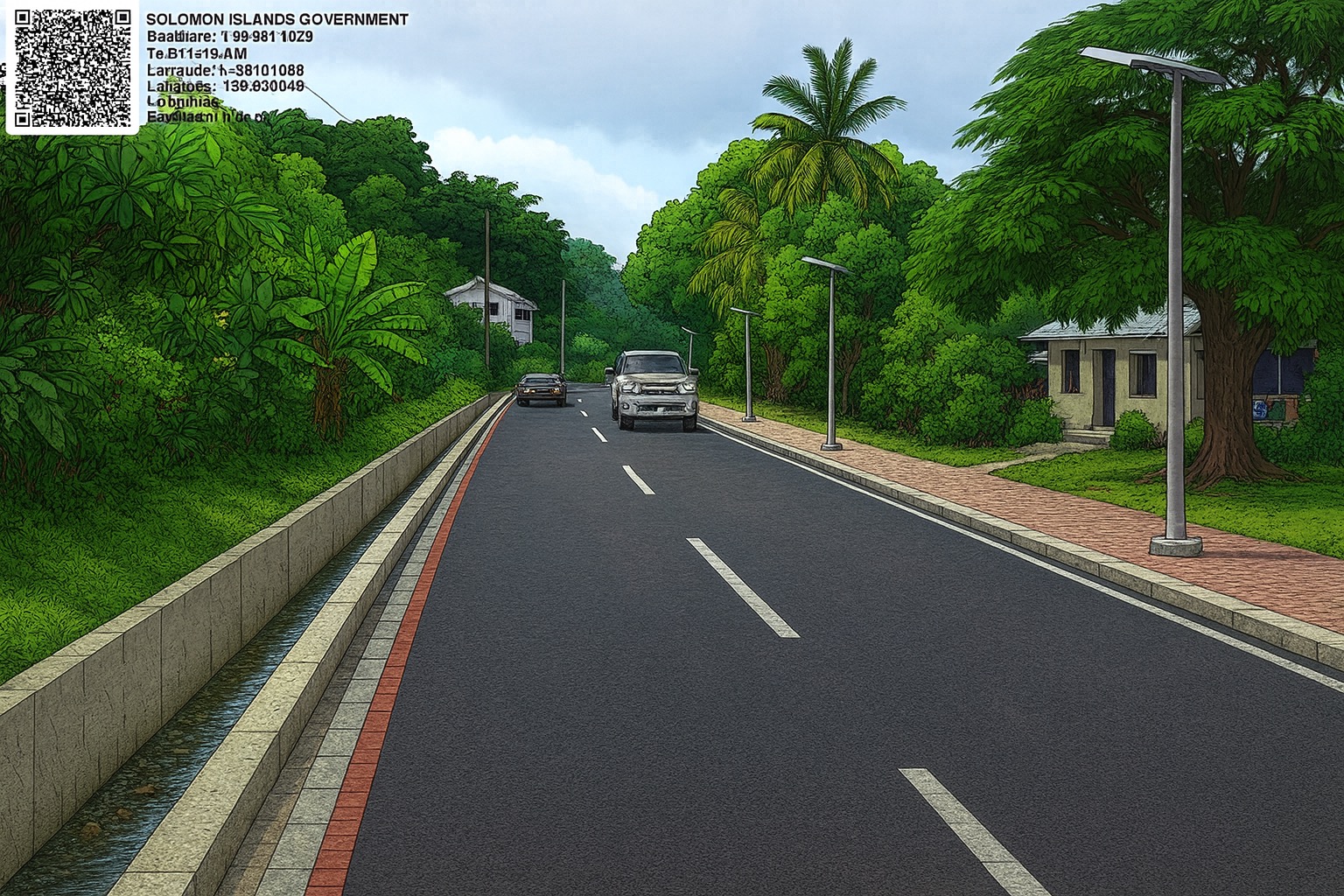
Honiara, Solomon Islands – The Solomon Islands Government, in partnership with the World Bank and the Government of Australia, is set to launch a new phase of the Community Access and Urban Services Enhancement (CAUSE II) Project. This initiative promises to be more than just a road construction program; it's a strategic effort to build the capacity of local civil works contractors and stimulate the domestic economy.
The core of this new approach is an inclusive segmented contracting strategy for road projects, a significant evolution from previous methods.
The Challenge and the Solution
The Solomon Islands' construction sector faces unique challenges. While there is a large number of small, skilled local contractors, many lack the financial and technical capacity to bid on large, comprehensive road projects. This often means that major contracts are awarded to a few larger firms, limiting opportunities for smaller local businesses.
Recognizing this, the CAUSE II Project is adopting a segmented contract repackaging model. Instead of a single contractor managing an entire road from start to finish, the project will be broken down into smaller, manageable components.
How the Strategy Works
The road construction process will be divided into two main phases:
Subcontractor Lots (RFQ Process): The project will first tender smaller, labor-intensive components such as:
Site clearing and earthworks.
Drainage system construction (V-shaped or trapezoidal drains).
Walkway and ancillary works (signage, bollards, landscaping).
These smaller contracts, or "lots," will be specifically targeted at qualified local contractors through a Request for Quotations (RFQ) process, making it easier for them to participate.
Specialist Contractor (RFQ Process): Once the foundational work is underway, a separate RFQ will be issued to a specialist contractor to perform the more technical aspects of the project, including:
Basecourse construction using crushed aggregate and heavy machinery.
Asphalt concrete sealing works, which require specialized equipment and expertise.
This segmented approach ensures that local contractors are awarded work they are best equipped to handle, while still maintaining high standards for the technical parts of the project.
Oversight and Capacity Building
To ensure the success of this strategy, the Ministry of Infrastructure Development (MID) and the Honiara City Council (HCC) will provide extensive oversight. CAUSE II-trained site managers and supervision engineers will monitor all aspects of the work.
Crucially, the strategy includes a strong emphasis on capacity building. Local contractors will receive pre-bid training, simplified Bill of Quantities (BOQs), and on-site mentorship from the specialist prime contractor. This hands-on support is designed to enhance their skills in supervision, quality assurance, and project management, preparing them for larger opportunities in the future.
Benefits for the Community
This model goes beyond infrastructure development to deliver tangible social and economic benefits:
Economic Inclusion: It creates new job opportunities and stimulates local economies by directing a greater portion of project funding to small local businesses.
Skill Development: It provides invaluable training and experience for domestic contractors, strengthening the long-term capacity of the Solomon Islands' construction sector.
Community Ownership: By involving local workers and businesses, the project fosters a greater sense of community ownership and pride in the new infrastructure.
Climate Resilience: It ensures that infrastructure is built to high standards, improving its resilience to the impacts of climate change.
The CAUSE II Project's innovative contracting strategy is a clear commitment to fostering a stronger, more inclusive, and more resilient Solomon Islands for all its people.
Gallery

